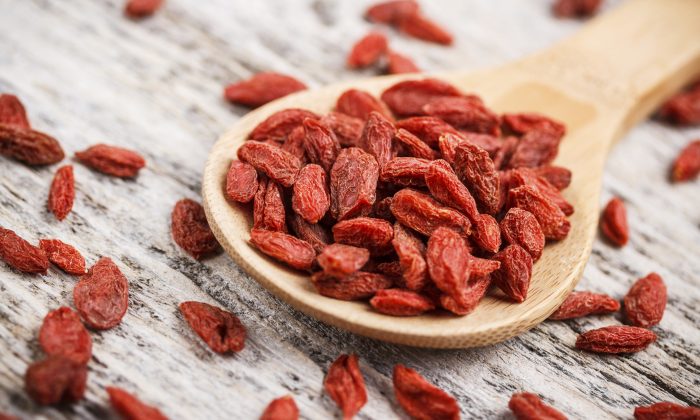In medical research, it often seems that one finding will contradict another. Research-backed advice to eat 30 diverse plants a week for a healthy gut microbiome Evidence indicates most Americans should lower their carbohydrate consumption While bacteria and other microorganisms in our gut microbiome do the job of carbohydrate digestion, many factors—including diets high in refined carbs and sugar—have altered our microbial composition in ways that contribute to not only gut symptoms but also chronic diseases. The conundrum of our need for certain carbohydrates that can be hard on digestion, yet are important to build the microbes we need to be able to digest those carbs can leave us frustrated.
Eating more plants can sometimes increase gut symptoms, rather than alleviate them. However, herbs appear to hold the power to soothe and strengthen digestive health. Their typically smaller serving sizes due to the potency of their flavor can be a way to eat a more diverse diet and rebuild beneficial microbes.

A wide variety of herbs are helpful for symptom relief, and—if we can tolerate these plants—can boost the diversity of our microbiome and improve metabolism, according to Ashley Oswald, dietitian and owner/founder of Oswald Digestive Clinic. Ms. Oswald advises that those with sensitive guts who are struggling to eat fiber and produce should work with a nutritional specialist right from the start.
Not only does this make it hard to lose weight, but it can also lead to gastrointestinal symptoms of bloating, cramping, heartburn, and gassiness, plus overall fatigue. Obesity, metabolic syndrome, and Type 2 diabetes are all risk factors for nonalcoholic fatty liver disease, which is on the rise in Western countries. Though rising obesity rates can be indicative of poor metabolic health, one can exist without the other.
Registered dietitian Tamzyn Murphy told The Epoch Times that a poor diet with too much junk food could be responsible for our inability to process some carbohydrates. Simply removing refined carbohydrates, including sugar, and highly refined seed oils from the diet can help heal metabolic issues, she said. “If we took those two things out of the diet, I wonder if we have the chronic disease that we have,” she noted.
“High carbs will hurt some people. Unfortunately, now a lot of people really should be eating a whole food, relatively low-carb diet because they’re already metabolically unwell.” The top herbs that Ms.
Vaske recommends for metabolism are: “In many studies, berberine even outshines Metformin to balance your blood sugars. Stabilized blood sugar is going to maintain people’s weight much better. You’re going to have less cravings and better gut health.
I love that one,” Ms. Vaske said. “You wouldn’t really eat this one, though it is a supplement.
” For instance, aloe is a good choice for constipation, and peppermint helps with gas and bloating, though she wouldn’t recommend it for clients who have upper GI symptoms. All parts of fennel are helpful for digestive problems. Licorice root and slippery elm are both soothing and can be used for inflammatory conditions.
While many herbs are found in supplement form, Ms. Vaske said teas are a great way to increase these herbs for gut symptoms into the diet, particularly when they are made with a blend of herbs. “I like having these different herbs in them [teas] because it just helps with everything, and synergistically they just help more,” she said.
Most important is finding a quality herb, tea, or supplement that is organic and sourced from a reputable farm, she said. Many products are poor quality, causing people to give up on herbs if they don’t notice benefits. They might also be deterred by hesitant doctors who don’t typically recommend herbs or even offer advice to curious patients, mostly because they haven’t been trained on the uses of herbs for gut health, Ms.
Vaske said. Accessibility is also important, as there are countless herbs that are helpful for gut health but can be hard to find locally. That’s why Lily Choi, an acupuncture and traditional Chinese medicine (TCM) practitioner, likes to suggest goji berries for overall gut health.
She shares tips for using them on her popular Instagram account. “People can get goji berries easily and have them dry or in any form,” Ms. Choi said.
“I think it’s important to start with something accessible that they can use daily and see results. And, they taste good.”.


















